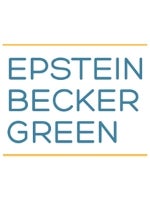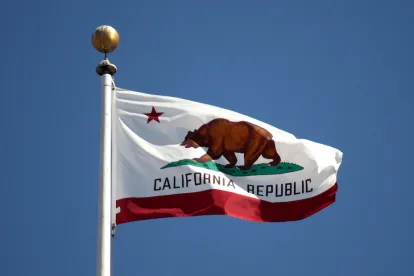Califnornia Supreme Court (“Court”) ruled on April 30, 2020 that claims brought pursuant to California’s Unfair Competition Law (“UCL”) and the False Advertising Law (“FAL”) are not entitled to a jury trial.
In Nationwide Biweekly Administration, Inc. et al., v. The Superior Court of Alameda County, the federal Consumer Financial Protection Bureau (“CFPB”) brought an action against Nationwide Biweekly Administration, Inc. (“Nationwide”) and others, alleging that Nationwide and the other defendants falsely advertised their services and as a result operated unfairly relative to their competitors in violation of the UCL and the FAL. The CFPB sought both injunctive relief and civil penalties.
Nationwide petitioned the court for a jury trial because the government sought civil penalties in addition to equitable relief, and CFPB moved to strike the jury claim. The trial court ruled in favor of CFPB holding that there is no guarantee of a jury trial and Nationwide appealed. On appeal by Nationwide, the Court of Appeals, reversed, ruling that the California Constitution should be interpreted to require a jury trial where the government seeks civil penalties. CFPB appealed to the California Supreme Court, which granted review.
The issue presented to the Court, was to decide whether actions brought under the UCL and FAL are “equitable claims” or “legal claims.” While legal claims are generally entitled to a jury trial, equitable claims are not. Most statutes provide plaintiffs the opportunity to collect damages or correct the harm that occurred to them. But, the FAL and the UCL fall into a different category of laws that instead provide for injunctive relief and civil penalties. CFPB argued on appeal that UCL and FAL claims and relief sought were equitable in nature and therefore did not entitle Nationwide to a jury trial because injunctions are court orders that require a party to cease its wrongful conduct (but not to correct harm), and civil penalties are fines (not damages). The Court agreed with the CFPB.
In its decision, the Court found that the legislature intended the UCL to be equitable in nature—and therefore not subject to a jury trial—for two reasons. First, the UCL statute originally only provided for injunctive relief (an equitable remedy), and second, the broad language of the statute evidences a legislative intent that it should be interpreted by the court and not a jury. With regard to the FAL, the Court similarly found that “past FAL decisions and the numerous FTC guidelines indicate, the determination whether an advertising or promotional practice should properly be found untrue or misleading within the meaning of the FAL depends upon the exercise of the type of equitable discretion and judgment typically employed by a court of equity.” In addition to ruling that Nationwide had no right to a jury trial under either the FAL or the UCL because claims under the two laws are equitable in nature, the Court also clarified and ruled that the California Constitution does not guarantee a jury trial under either statutes.
The Court was careful to note, however, that its decision was limited to the UCL and the FAL, and “express[ed] no opinion” on other statues that may provide for injunctive relief and civil penalties. Nevertheless, that the same logic that applies to the UCL and the FAL would appear to apply similarly to other statutes that likewise provide only for civil penalties, such as the Private Attorneys General Act (“PAGA”). Accordingly, the Court’s holding in Nationwide offers potentially strong support for arguing that PAGA, like the UCL and FAL, does not guarantee right to a jury trial.




 />i
/>i
